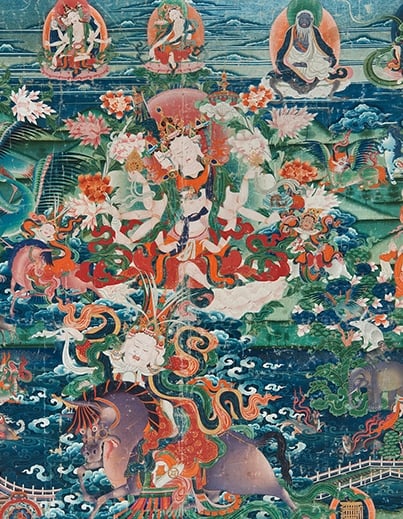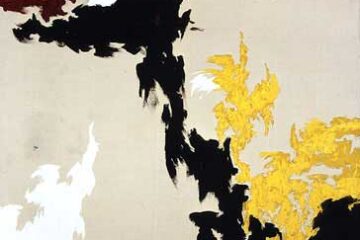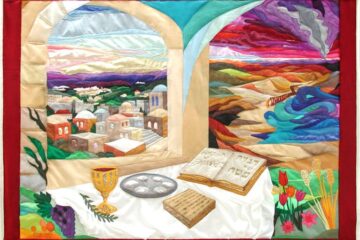Before Moses can lead others out into freedom he must first liberate himself from his own fears. View the study sheet here. Watch the recording here.

Fear can be a healthy response when we are faced with imminent harm. A state of wary hypervigilance can also become an obstacle to living a healthy social life. And sometimes fear can be turned into an instrument of violence used against those we unreasonably imagine to be a threat to our existence.
We first met Pharaoh as someone who feared the Israelites as a threat to the Egyptian nation. He did not recall that Joseph had saved Egypt from extinction and had acculturated to Egyptian society. This week we meet a different dimension of Pharaoh’s fear. His concern for his nation is less prominent than is a different anxiety. He is afraid of losing his personal status and his control over others. This will initiate his ultimate downfall.
Ruling elites have often intentionally invoked in those they govern a fear of others as a means of social control and as a way of staying in power. Archaeologist and Egyptologist Henri Frankfort in his book The Intellectual Adventure of Ancient Man wrote that between 1800 and 1600 BCE a fear psychosis spread throughout Ancient Egypt. This fear had initially been justified by the real threat of foreign rebels hungry for power and conquest. Yet, long after these foreign forces had been defeated, the House of Pharaoh artificially sustained fear among its population. It recognized that a fearful population is easier to control than a fearless one.
Baseless fear becomes corrosive both for nations and for individuals. For both, the universe of relationships becomes narrower and narrower. Increasing isolation engenders deeper fear and more desperate attempts to tighten grips of control. Ultimately, the grip becomes one of self-strangulation.
The Tibetan Buddhist scripture the Sutra of Tara presents the goddess Tara as one devoted to protecting humans from their fears. These fears are both physical (marauding animals, robbers, natural disasters, and plagues) and spiritual (traits such as pride, anger, envy, excessive attachment, avarice). Both need to be addressed.
In this week’s Torah portion the plagues upon Egypt reach their inevitable and disastrous conclusion: the death of Egypt’s future. Moses prepares to lead the Israelites out into freedom. But before he can do so, he must liberate himself from his own fears. They are deep within him. And the journey within to confront them is perilous…but cannot be avoided if he is to free others.
Join us here at 7:00 p.m. (PST) Thursday January 6 as we explore confronting the great sea serpent.








